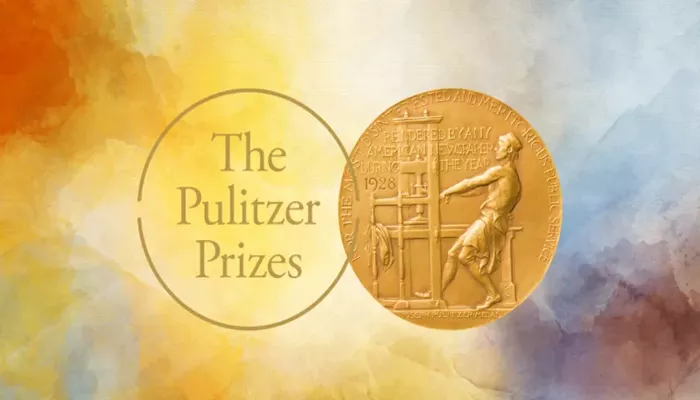Marlon Brando remains one of the most iconic figures in film history. His life was as intense and complex as his performances, making writing about him a real challenge. Many biographies have aimed to capture his spirit, talent, and turmoil, but some stand out more clearly than others. In this article, we’ll explore and compare the most notable works, explaining why they matter and which one most readers consider the best.
1. The Contender: The Story of Marlon Brando by William J. Mann (2020)
Length & depth: At around 736 pages, this is a substantial biography.
Unique content: Mann accessed Brando’s private archives, offering fresh insights about both his inner struggles and social activism, including his outspoken protests against racism and Hollywood’s norms.
Writing style: Engaging and narrative-driven. Readers appreciate Mann’s balanced view—neither idolizing nor vilifying Brando—and call it a “page turner” and “well researched.”
Verdict: A deep, thoughtful, and authoritative account. It’s favored by many readers for its thoroughness and fresh material.
2. Marlon Brando: Hollywood Rebel by Burt Kearns (2024)
Approach: Rather than a chronological life story, Kearns highlights Brando’s cultural influence—his impact on acting, sexuality, youth culture, and political activism.
Recognition: Critics praise Kearns for his new angle. One wrote that it “makes a mostly convincing case” for Brando’s lasting influence.
Style: Concise at ~300 pages, easy to read, and full of cultural context.
Verdict: Ideal for readers interested in Brando’s cultural legacy, rather than the full life story.
3. Brando: Songs My Mother Taught Me – Autobiography (1994)
Basis: Co-written with Robert Lindsey, this is Brando’s own voice.
Content: He shares first-hand memories of childhood, struggles, and snippets about film work and relationships—though he avoids deep details about his spouses and children.
Tone: Honest, sometimes evasive. Brando himself warns readers that he might lie or mask the truth.
Verdict: A raw and revealing account, best read alongside a third-party biography for context.
4. Marlon Brando by Patricia Bosworth (2001)
Length: A short, accessible format (~228 pages).
Coverage: Offers solid highlights from Brando’s life, early successes, and scenes from films like Last Tango in Paris.
Limitations: Due to its brevity, some critics say it lacks the depth of longer works.
Verdict: A respectful and readable introduction—great for beginners.
5. Brando: A Life in Our Times by Richard Schickel (1991)
Focus: More on Brando’s craft and film career than his private life.
Quality: Kirkus called it “worthy” and “absorbing,” focusing on his artistic evolution.
Verdict: Best for readers who want insight into his creative mind and performance style.
Comparison Table
| Book Title | Author | Year | Pages | Focus |
|---|---|---|---|---|
| The Contender | William J. Mann | 2020 | 736 | Biography, archives, full life |
| Hollywood Rebel | Burt Kearns | 2024 | ~300 | Cultural impact & activism |
| Songs My Mother Taught Me | Brando & Lindsey | 1994 | ~300 | Autobiography: personal & candid |
| Marlon Brando | Patricia Bosworth | 2001 | 228 | Concise biography, early life & films |
| A Life in Our Times | Richard Schickel | 1991 | ~400 | Film craft and career evolution |
If you want
A deep, well-rounded life story: The Contender is the clear leader. It’s detailed, fair, and uses new archival material.
Cultural context and activism: Hollywood Rebel offers a modern, impactful take.
Brando’s own thoughts: Read Songs My Mother Taught Me—but pair it with The Contender or Hollywood Rebel to fill in his omissions.
A quick overview: Bosworth’s and Schickel’s works offer compact yet meaningful insight.
How to Read Them Together
Start with The Contender to gain comprehensive context.
Add Songs My Mother Taught Me to hear Brando’s own voice.
Explore Hollywood Rebel to understand Brando’s influence on modern culture.
If you enjoy biographies, dip into Bosworth or Schickel’s books for lighter or craft-focused perspectives.
Why Brando’s Story Still Matters
Marlon Brando changed acting forever. He brought raw emotion and realism to film, influenced method actors, and used his platform for causes like civil rights and Indigenous peoples’ rights.
The best biographies don’t just recount Brando’s movies. They show how his challenging family history, rebellious spirit, and moral complexity shaped his struggles and triumphs.
Want to Dive In?
Begin with The Contender for a foundational and detailed story.
Read his own words in Songs My Mother Taught Me.
Add Hollywood Rebel for a cultural snapshot.
Use Bosworth and Schickel for focused or lighter reads.
By reading these works, you’ll see Brando as a gifted actor, complicated man, and cultural pioneer. Each book offers a different angle, but together they paint the richest portrait of this cinematic legend.
Conclusion
There’s no single “perfect” Brando biography. But The Contender stands above others in scope, insight, and credibility. For fans, students of film, or anyone curious, it remains the best way to understand the full scope of Marlon Brando’s life—warts and all.

